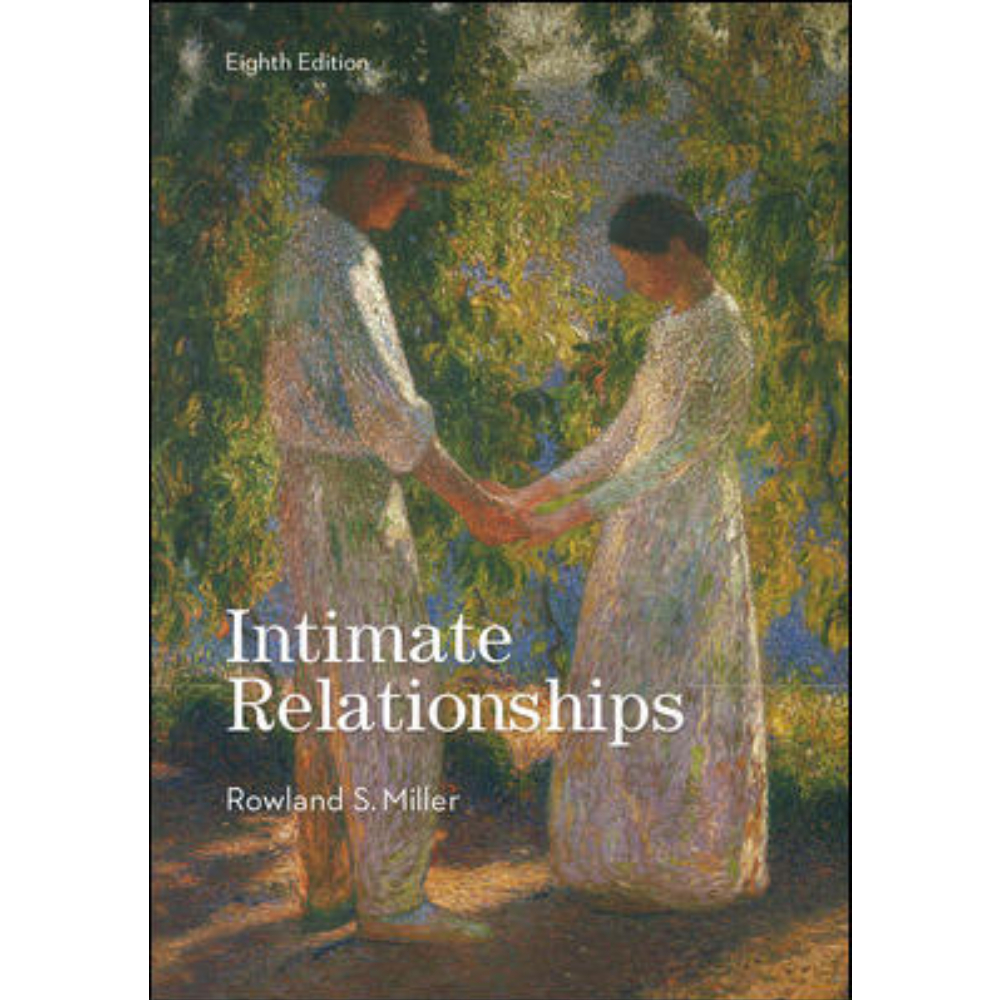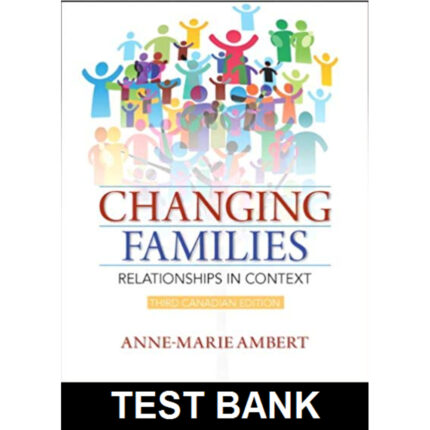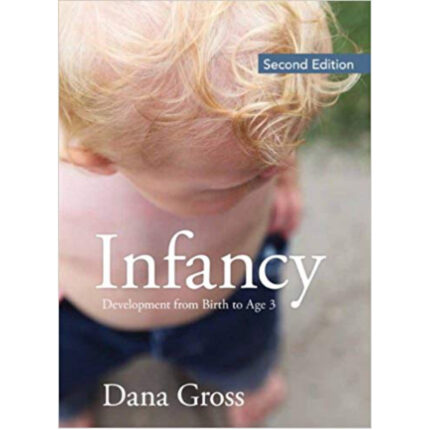Intimate Relationships, 8e (Miller)
Chapter 11 Conflict
1) In intimate relationships, people often experience opposing motivations called:
- A) attributional conflicts.
- B) rebuffs.
- C) dialectics.
- D) escalations.
Answer: C
Accessibility: Keyboard Navigation
2) Which of the following dialectics can lead to tension in close relationships?
- A) Autonomy and connection
- B) Connection and regeneration
- C) Connection and loss
- D) Stability and regeneration
Answer: A
Accessibility: Keyboard Navigation
3) Pam wants to be close to her partner Chris, but, at the same time, wants to do her own thing. It seems Pam is experiencing the dialectic involving:
- A) stability and change.
- B) autonomy and connection to others.
- C) independence and nurturance.
- D) openness and closedness.
Answer: B
Accessibility: Keyboard Navigation
4) The dialectic of openness and closedness is related to:
- A) interdependence.
- B) predictability.
- C) social networks.
- D) self-disclosure.
Answer: D
Accessibility: Keyboard Navigation
5) Carole’s relationship with James, her partner, is pleasant, but she is also starting to feel bored. Carole is experiencing the dialectic of:
- A) openness and closedness.
- B) stability and change.
- C) autonomy and connection.
- D) integration and separation.
Answer: B
Accessibility: Keyboard Navigation
6) Mark and Anita are fighting over what to do on their first 4th of July as a couple. Mark wants to go to the lake with a group of friends to celebrate the holiday as he has always done. Anita wants to stay at home, just the two of them, and barbeque in their backyard. Mark and Anita are involved in a dialectic tension between:
- A) autonomy and connection to others.
- B) independence and nurturance.
- C) integration with and separation from others.
- D) openness and closedness.
Answer: C
Accessibility: Keyboard Navigation
7) According to the text, how many conflicts per week do dating couples report?
- A) 2.3
- B) 3.6
- C) 7
- D) Too many to count
Answer: A
Accessibility: Keyboard Navigation
8) According to a study by Heaven, people are likely to have more conflicts if they are:
- A) low in extraversion.
- B) low in openness to experience.
- C) high in conscientiousness.
- D) high in neuroticism.
Answer: D
Accessibility: Keyboard Navigation
9) Which attachment style is most commonly associated with conflict?
- A) Secure
- B) Anxious
- C) Preoccupied
- D) Distressed
Answer: B
Accessibility: Keyboard Navigation
10) Researchers believe that young adults experience more conflict with their partners because they:
- A) are especially high in neuroticism.
- B) have still not fully matured emotionally.
- C) are also experiencing major life changes.
- D) view relationships differently than their parents and grandparents do.
Answer: C
Accessibility: Keyboard Navigation
11) Couples often experience elevated conflict the day after an argument because:
- A) intimate partners hold grudges.
- B) they slept poorly after the argument.
- C) arguments elevate their cortisol levels.
- D) they are insecurely attached.
Answer: B
Accessibility: Keyboard Navigation













Reviews
There are no reviews yet.